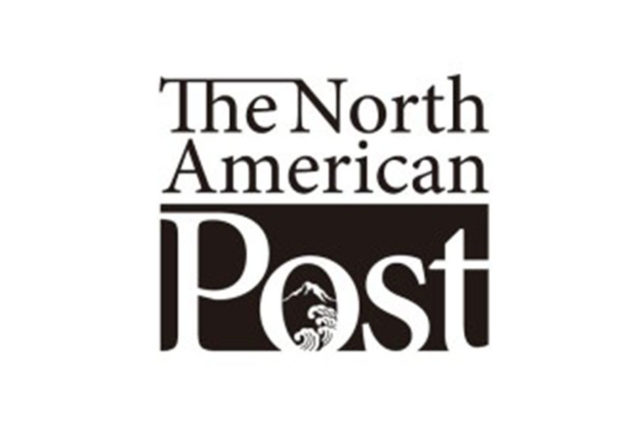N.A.P New Column: Not Your Waifu
By Sophia Stephens,
Out of all the things I love about growing up in a multicultural family, storytelling is an easy pick on the list.
My parents’ approach to the task— whether it was for the inevitable cry of “I’m bored!” on a long road trip, or to fill a dull moment during yet another commercial break—brought forth a never-ending stream of tall tales, folk stories, and childhood memories from
my Greek father and Japanese mother.
My dad was a master of bedtime stories, and had a way of conjuring up the goofiest, liveliest tales on the the fly. One of his favorite original characters was Boba Bill—an unlucky guy who drank so much bubble tea that his teeth turned into tapioca! With stories like that, my sister and I were frequently up giggling past our bedtime.
He could easily keep the attention of us two kiddos with his animated, engaging stories, but my mom’s storytelling abilities possessed powers of a different kind. Whenever I burned with a fever, I knew that I would soon experience the comfort of her gentle, rolling voice as she recalled smalltown family hijinks and adventures from her childhood in 1960s’ Akita.
That same voice, though, also could keep me up at night with her chilling retellings of Japanese ghost stories. Two terrifying favorites of mine were the tales of Oiwa, who found supernatural vengeance after being poisoned by her husband, and Yuki-Onna, the Snow
Woman.
I always felt close to my Japanese heritage, and closer to my mother, when she shared her memories with me. Her stories were not a reminder of what I couldn’t experience as a nisei, but a record of love and ancestral resilience that reminded me of who I was, where I came from, and what it meant to be Japanese—what it meant to be me.
I waited for the day when I would have my own stories to tell. And when it came, I found that with certain pieces, I could hear my father’s voice… in others, I hear my mother’s.
In this one, I hear both.



